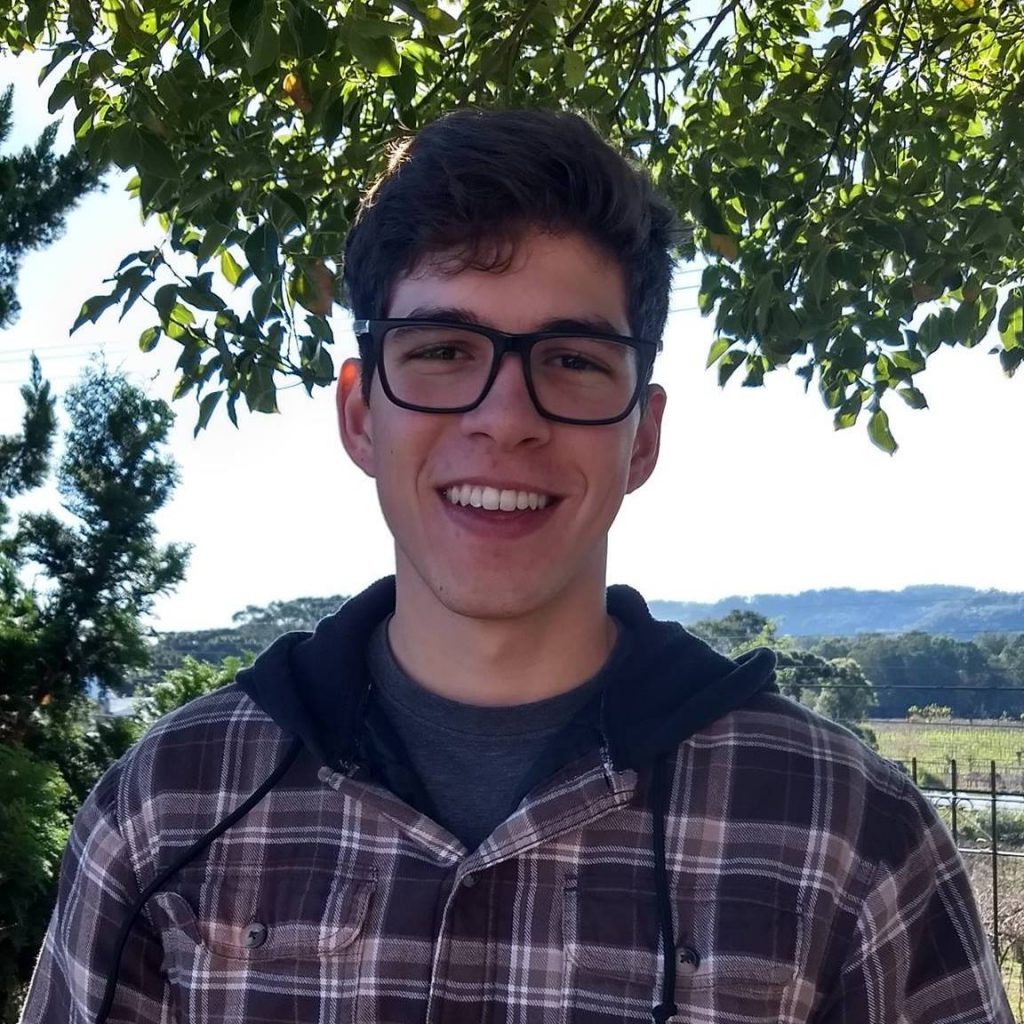Why free speech should not be a policy

This archived article was written by: Renato Magalhaes
It is still not clear whether society wants to move towards an abysm of intolerance or to dialogue towards the differences that we all have in common. It seems that extremism is growing at an astonishing pace and this phenomenon is not limited to the United States either: the dual and simplistic view for basically everything cannot be measured, but it can be seen far and wide in other countries too.
When division happens, war can be one of consequences. In some states, groups of individuals are hitting the headlines for showing some signs of it, sights of violence and disdain between those who were supposed to be partners in society, scarier when they follow the precious figure of a harmful leader.
However, this is not the only point we should be careful about: violence can be intellectual and prevent us from exchanging ideas. Coming along with human feelings and tempers, impatience and dishonesty, that is probably the main reason why we witness episodes of brutality.
Some debate about the regulation of speech and the maintenance of freedom, especially after recent events when bigotry-fueled people played a perverse role. In theory, the governing act would prevent hateful people to spread their hatred. On the other hand, unicorns are not real.
As much as the idea might look good, we need to consider who the ruler is and who the representatives are. After all, they are the ones signing the bills and playing dice with our lives. However, do they represent us in totality? Should we trust them to decide what we can or cannot say? Should power be concentrated in their hands for something as fundamental as this? Should any government deal with that? If we think again, that is not the best option either.
As society, we do have rules we should follow and respect, but the individual, the higher institution in existence and the leading body on human’s endeavors, cannot be suffocated by any means.
If anyone commits a mistake, for instance, they should answer for their acts and not a group as whole. That is probably the time to individualize the generality instead of generalizing individuals.
It feels that attacking the right to speak is just weak. Expressing is elementary and a war on words would be another failure. Biases are eloquently awakened when people meet differences, but it is our decision to separate each person and to endorse their character or not. How many more times do we need to see someone stepping back from a conversation afraid to get hurt just because they think differently?
Some argue that there is a collective unconscious, a term coined by psychologist Carl Jung (1875-1961), meaning a mindset that is shared among individuals in society and perhaps leading to common prosperity. Whether it exists or not, we do not know, but we are not even close to reaching an absolute stage where society’s characteristics prevail over the individual’s. We are incapable of ruling others and it impossible to rule people in such way. Freedom is inherently human.




